March 21. 2024 is the 13th "World Down Syndrome Day", and this year's theme is "Health Equity". Health equity means that everyone has a fair opportunity to maintain their health as much as possible, and there are no unfair, avoidable, or variable differences in the health status of different groups of people, especially those with disabilities or mental disabilities, who will not be affected by physical or intellectual disabilities in other aspects of their health. The reason for choosing the 21st day is due to the uniqueness of Down syndrome - there is an extra chromosome on the 21st pair.
In December 2011. the United Nations General Assembly officially named March 21st as "World Down Syndrome Day", with the aim of increasing awareness and attention to Down syndrome worldwide. As this special day approaches, let's listen to experts from Beijing Angel Children's Hospital talk about "Down syndrome" and pay attention to children with Down syndrome together!
We always say "Down syndrome" and "honey baby", what exactly is Down syndrome?
Director Wang Ling of Beijing Angel Children's Hospital provided a detailed answer to this question. Down syndrome, also known as trisomy 21 syndrome. In 1866. British doctor Don John Langton first published this disease; In 1959. French geneticist Jerome Le Jong discovered that the disease was caused by a trisomy variation in the 21st pair of chromosomes in the human body; This is also the first disease caused by chromosomal defects discovered by humans; In 1965. the WHO officially named this condition "Down syndrome". It contains a series of genetic diseases, among which the most representative trisomy phenomenon on chromosome 21 can lead to high deformities including learning disabilities, intellectual disabilities, and disabilities.
Down syndrome is currently the most common genetic disease worldwide, with over 20000 Down babies born each year in China. So far, medical treatment for genetic diseases cannot be achieved through medication or surgery.
What are the clinical manifestations of patients with Down syndrome?
Director Wang stated that the ultrasound manifestations of Down fetuses include thickening of NT and NF, lack or underdevelopment of nasal bones, widening of lateral ventricles, atrial septal defect, double bubble sign in the abdomen, and enhanced intestinal echogenicity. We found that the main clinical manifestations of Down syndrome are: 1. Special facial and physical signs
If the distance between the eyes is wide, the nasal root is low and flat, the eye cracks are small, the outer side of the eyes is inclined upwards, there is epicanthus, the outer ear is small, the tongue is fat, often extends outward, salivation is frequent, the body is short, the head circumference is smaller than normal, the anterior and posterior diameters of the head are short, and the occipital part is flat and flat. Short neck, loose skin, delayed and often misaligned teeth. Hair is thin and soft with less hair. Short limbs, short phalanges, commonly seen through palm lines and grass shoe feet; 2. Intellectual disability is the most prominent and severe manifestation of Down syndrome. The manifestation of low intelligence gradually becomes apparent with age, with an IQ of 25-50 and delayed motor and sexual development; 3. Fertility
Male Down babies may not have the ability to conceive even when they reach puberty. And female Down babies may experience menstruation and have the possibility of giving birth as they grow up. 4. Others
Children often have congenital heart disease and other deformities. Due to low immune function, they are prone to various infections, and the incidence of leukemia is 10-30 times higher than usual. If surviving until adulthood, symptoms of senile dementia often appear after the age of 30.
What situations are prone to giving birth to Down syndrome, and how can we prevent Down syndrome?
Regarding this issue, Director Wang Dongji of Beijing Angel Children's Hospital said: 1. As the female reproductive age increases, the risk of giving birth to Down syndrome gradually increases. If the expectant age of the pregnant woman has exceeded 35 years old, the doctor will recommend amniocentesis or choose non-invasive fetal DNA testing. I hope expectant mothers will listen to the doctor's advice and intervene in a timely manner. 2. Frequent exposure to harmful substances. Down syndrome is a birth defect disease caused by an abnormal number of chromosomes 21. and chemical reagents, radiation, biological toxins, radioactive substances, etc. may cause chromosomal abnormalities during replication. Therefore, expectant mothers should also try to avoid such dangerous environments and pay attention to investigation.
3. Taking medication during pregnancy can lead to many inexperienced women treating pregnancy as a cold due to the similarity between early pregnancy reactions and colds. Embryos are extremely unstable in the early stages of pregnancy and are easily affected by medication, leading to developmental abnormalities or miscarriage. Therefore, pregnant mothers should pay extra attention in the early stages of pregnancy. 4. During pregnancy, one spouse has chromosomal abnormalities, and the other spouse has abnormalities in the number or structure of chromosome 21.
Knowing 'Tang' is the first step in prevention Director Wang Dongji emphasized that the public should strengthen their understanding of Down syndrome, understand the causes, symptoms, and prevention methods of the disease. Meanwhile, pregnant women should undergo prenatal screening during pregnancy to promptly detect and manage potential risks.
In terms of preventing "Tang", Director Wang Dongji pointed out that in addition to medical methods, improving the living environment and improving the quality of life are equally important. For diagnosed patients with Down syndrome, families and society should provide more care and support to help them integrate into society and enjoy a normal life.
Children with Down syndrome, give up or not give up?
When we heard this question, Director Wang Ling told us a story. She said that the patient came to the hospital for follow-up last week. He is a 3-year-old boy (Yang Yang) from Dezhou, Shandong. He is a very likable child, although his face is somewhat special, he always wears a sweet smile on his face, which is very cute. But parents furrow their brows because Yang Yang suffers from Down syndrome and cannot attend kindergarten like their peers, often being ridiculed by other children. Every time I see Yang Yang unable to speak or walk due to Down syndrome, my mother feels extremely heartbroken and often sheds tears alone at night. Looking at the cute appearance of the child, the mother made up her mind to take her child on the path of seeking medical treatment. In this way, the family took Yang Yang to several hospitals for treatment, but they were still unable to treat Down syndrome.
The children with Down syndrome seem to have been abandoned by this society. Many voices that Yang Yang's mother has heard are "it can't be cured, give up" and "don't waste energy or money". Yang Yang's mother thinks she has given up on herself, so who can save her child? So she always believed that "there is always a way to treat it, I can't give up on my child" She constantly searches online for methods to treat Down syndrome.
I also know that Beijing has the best medical conditions in the country, so after making multiple inquiries, I decided to bring my child for treatment. When Yang Yang first came to the hospital for treatment, he couldn't speak, didn't listen to instructions, walked unsteadily, and had poor understanding and cognitive abilities, as well as lack of concentration. After a detailed and comprehensive examination, the child was diagnosed with Down syndrome, accompanied by intellectual disability. Director Wang Ling adopted the hospital's latest "medical health education" diagnosis and treatment system to provide comprehensive treatment for Yang Yang.
Treatment of Down's syndrome with integrated traditional Chinese and western medicine, Chinese acupuncture and moxibustion, massage, and rehabilitation training (language training, oral muscle training, emotional training, and sports training). After one course of treatment, the child's special facial features improved and he/she began to be lively and cheerful. After three courses of treatment, when he/she came to the hospital for a follow-up visit last week, the child's language was able to communicate easily, walking coordination was good, he/she could listen to instructions, understanding and cognitive abilities improved, attention improved, and progress was significant.
Director Wang wants to tell us through this simple story that although children with Down syndrome face many challenges, as long as they have love, perseverance, professional treatment and support, they can also have a bright future. Their stories are full of hope and courage, inspiring more people to pay attention to, understand, and help this special group.
Director Wang also specifically mentioned that although patients with Down syndrome face many challenges, they also possess unique talents and potential. All sectors of society should abandon prejudice and discrimination, and treat them with a tolerant and respectful attitude, so that their flowers of life can also bloom with a different kind of brilliance.
Every 'honey baby' is a treasure of this world Director Wang Ling said affectionately, "Let's work together and protect them with love and wisdom, so that they can walk more firmly and confidently on the path of life."
On the occasion of World Down Syndrome Day, Ge Guanghui Hospital of Beijing Angel Children's Hospital calls on the general public to pay attention to the needs and difficulties of Down syndrome patients and their families, actively participate in relevant public welfare activities, and light up the light of hope for these special angels. At the same time, we also look forward to more professionals and institutions joining the team of preventing and treating Down syndrome, and jointly contributing their efforts to this group.
Through efforts in science popularization, social care, and medical progress, we believe that the quality of life of Down syndrome patients will be further improved in the future, and they will also better integrate into society and enjoy a happy life. Let's look forward to this day together and create a better future for the honey babies.




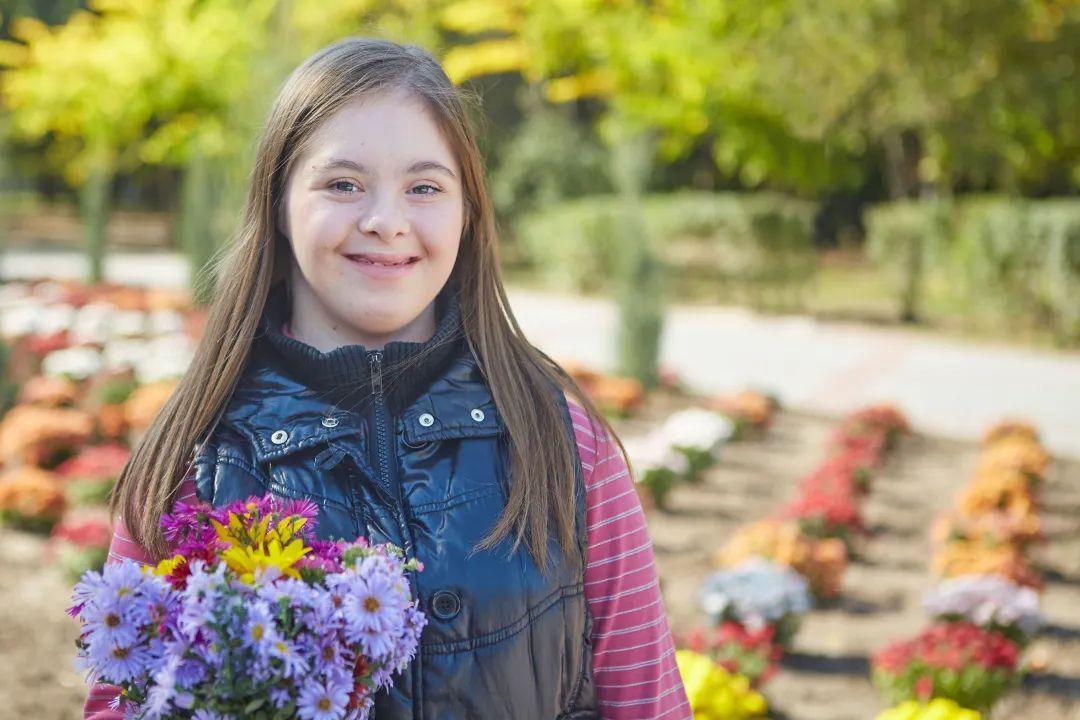
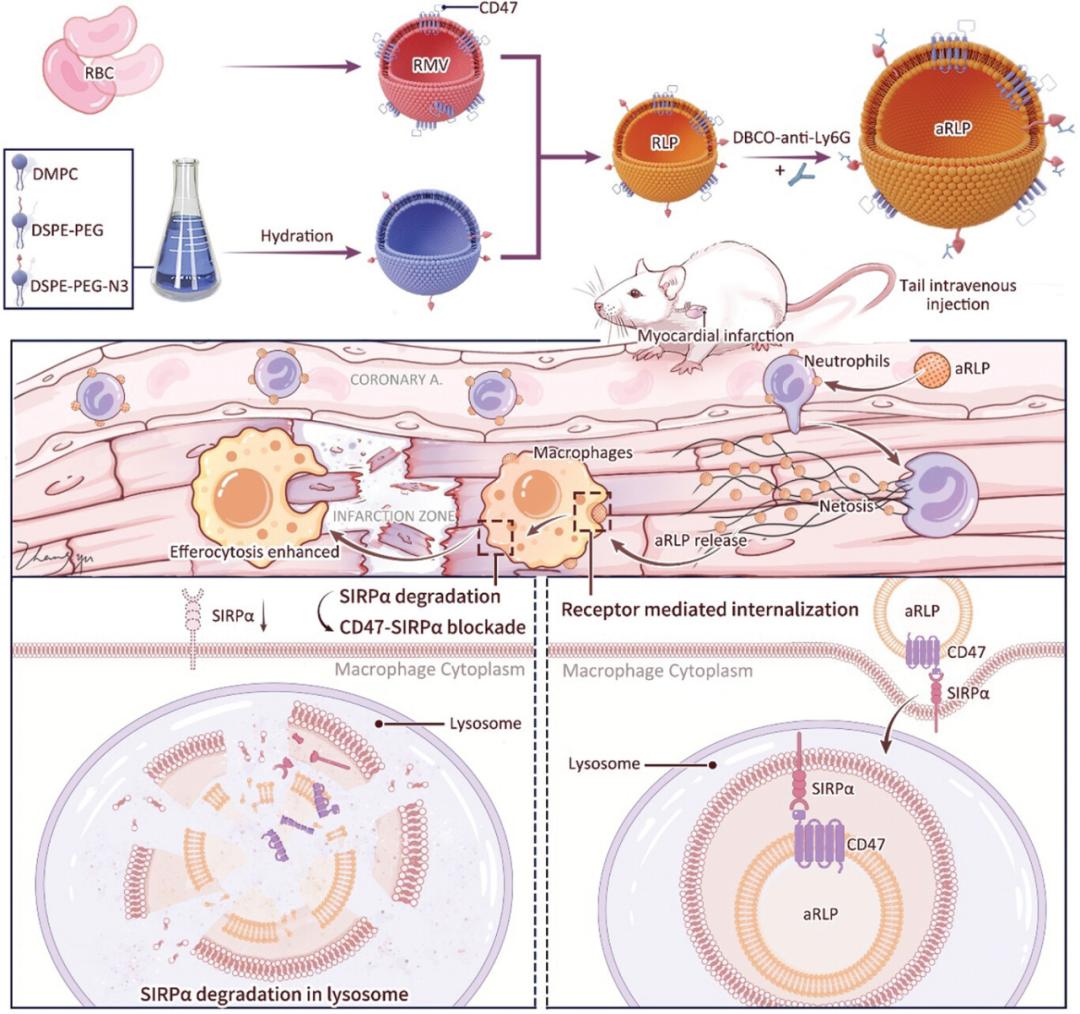


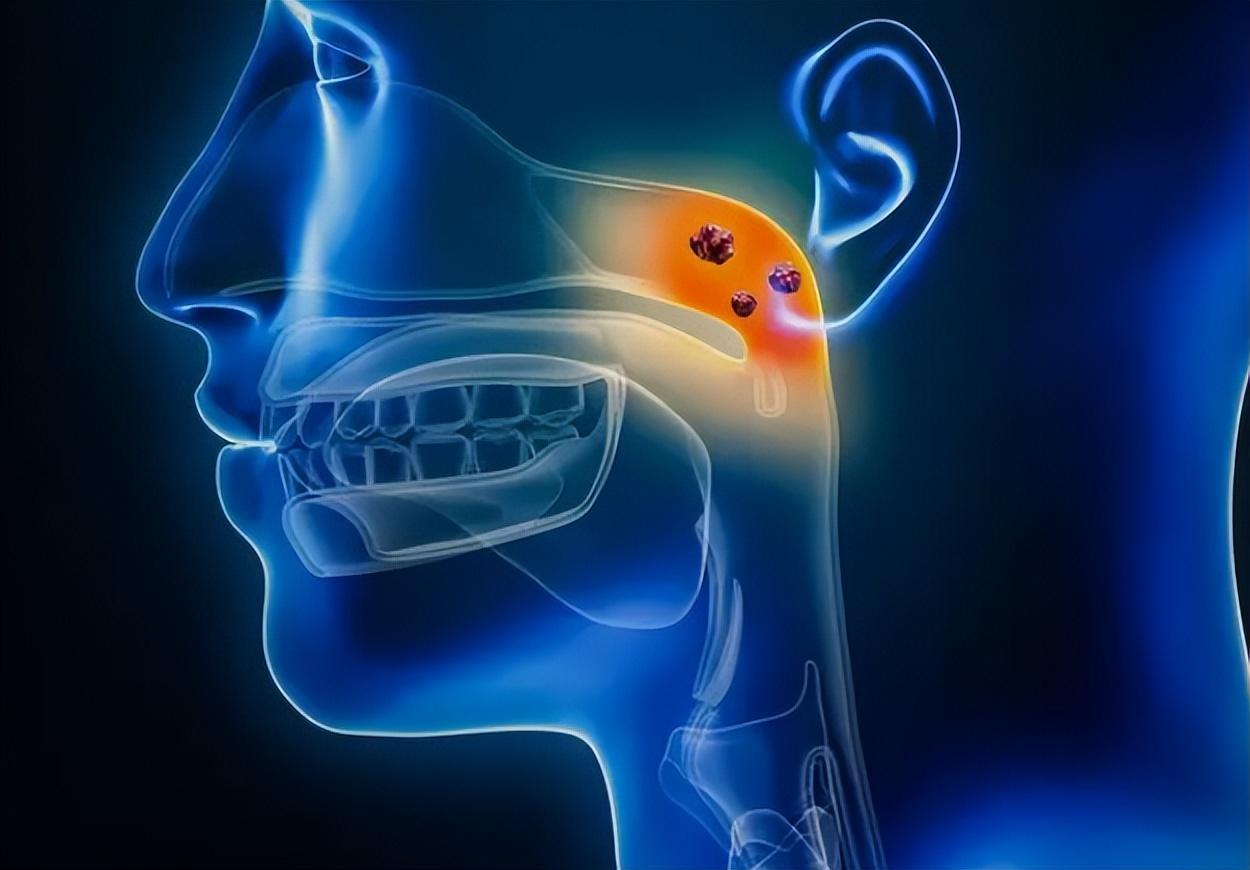




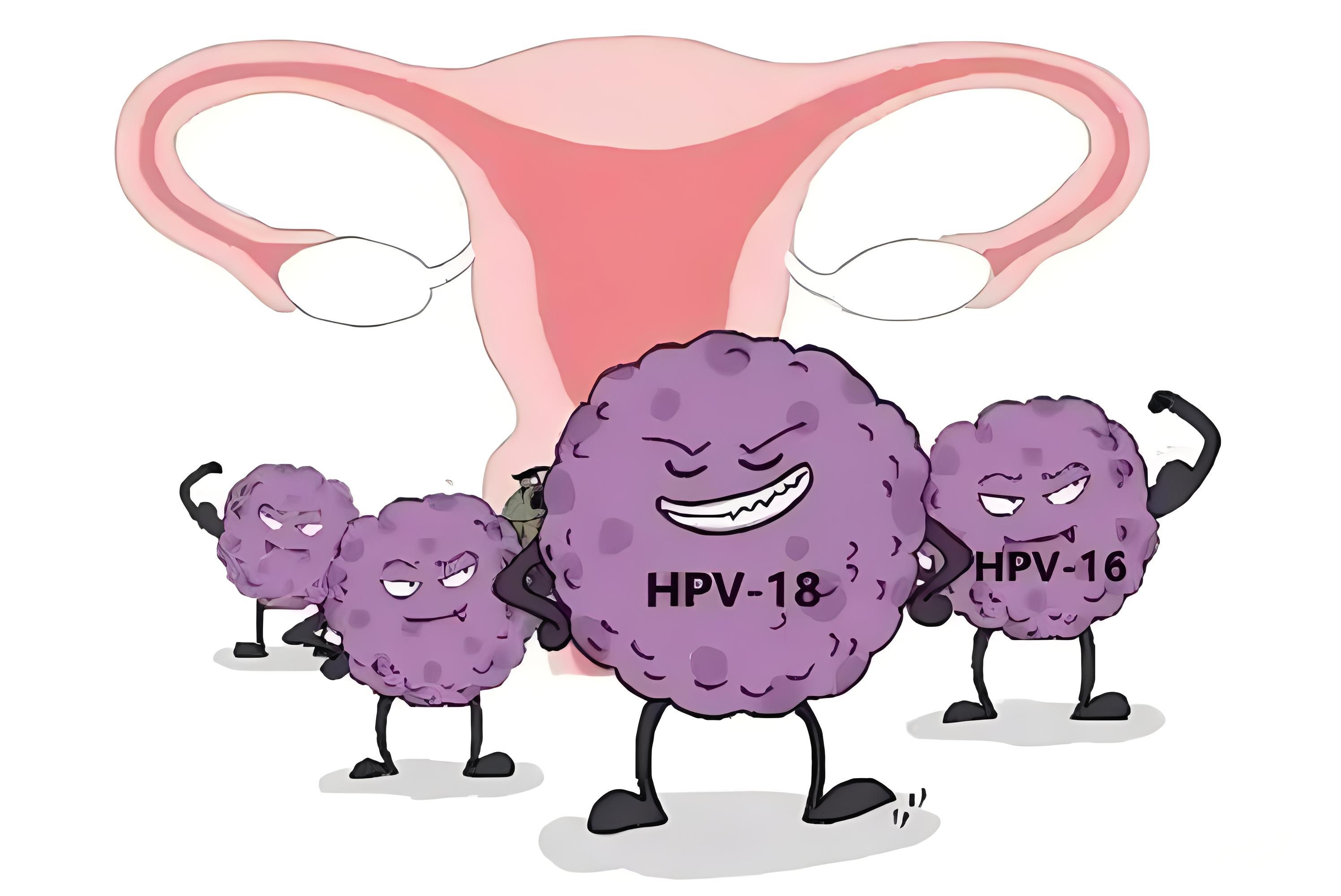

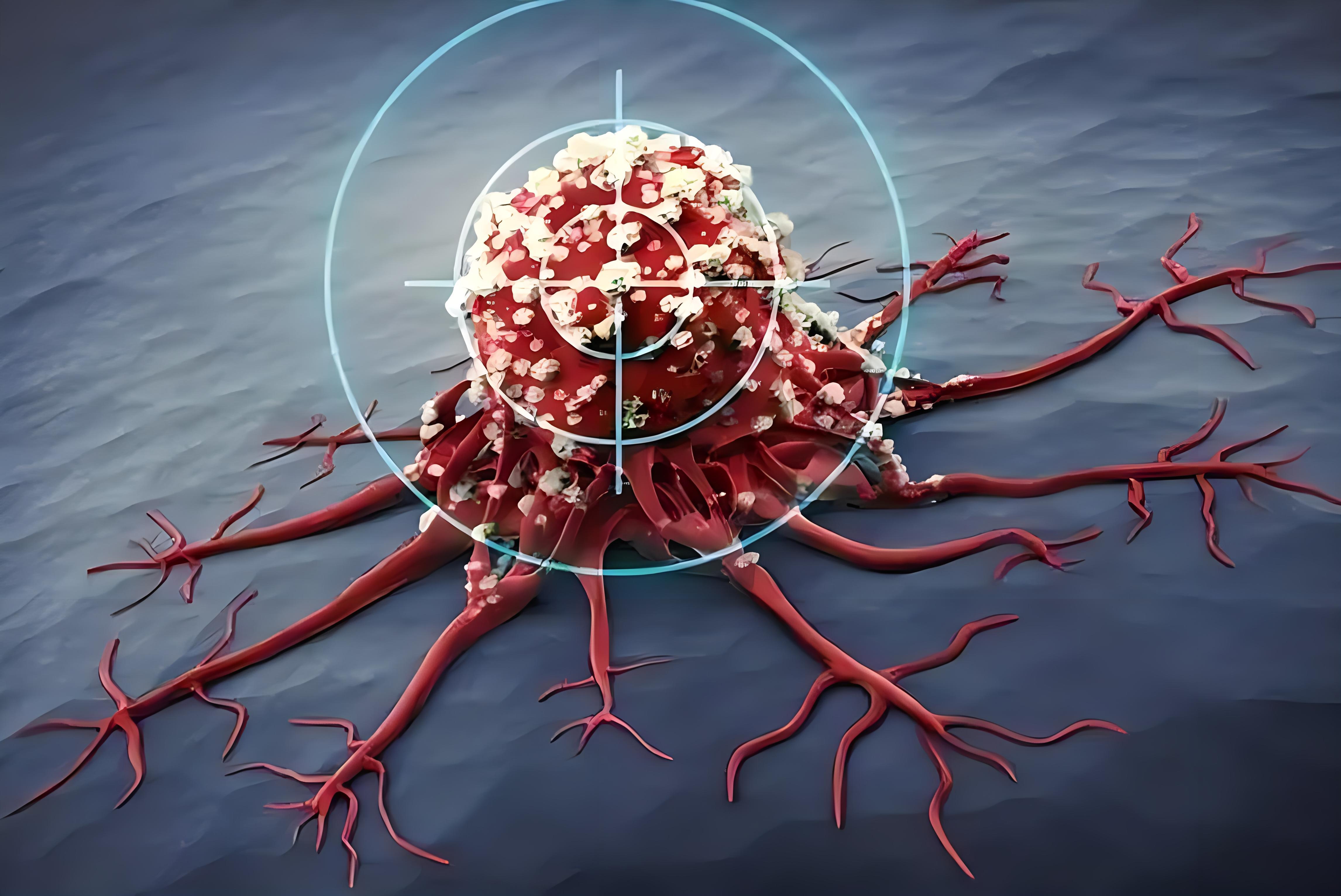






COMMENT